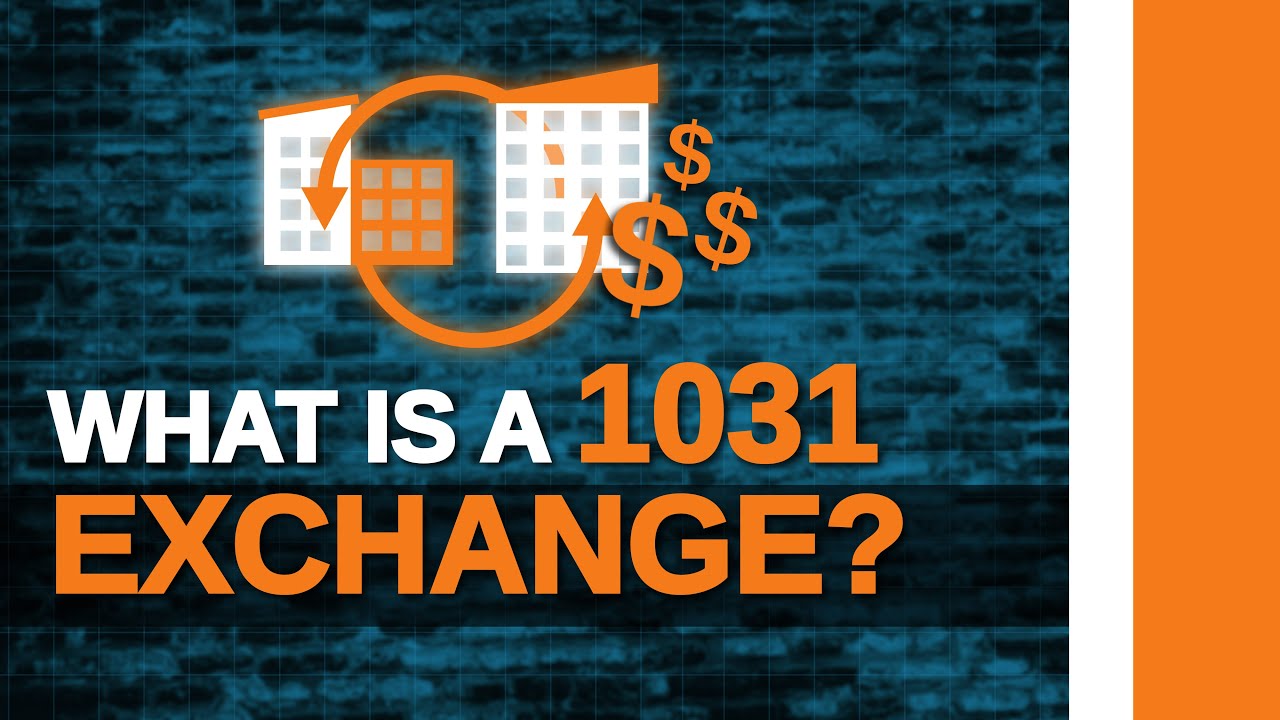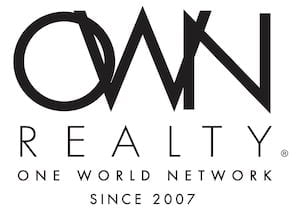1031 Exchange in Wisconsin
- Home
- 1031 Exchange in Wisconsin
Considering A Tax Deferred 1031 Exchange in Wisconsin? We are here to help!
Engaging in a 1031 exchange, commonly referred to as a tax-deferred exchange, unveils a strategic avenue for selling a qualified property and seamlessly transitioning to another within a designated timeframe.
This unique process treats the transaction as an exchange rather than a conventional sale, offering taxpayers the advantage of deferred gain treatment.
Unlike regular sales, which incur taxation by the IRS, 1031 exchanges are exempt, falling under the US CODE: Title 26, §1031, focusing on the exchange of property held for productive use or investment.
Navigating the intricate landscape of real estate transactions in Wisconsin, a 1031 exchange stands as a strategic pillar for preserving capital and optimizing investment opportunities. The potential rise in future capital gains taxes, from the current 15% to a projected 20%, underscores the urgency for investors and property owners to consider the benefits of a 1031 exchange.
In the realm of real estate investment, the advantages of a 1031 exchange in Wisconsin extend beyond mere tax deferral. They embrace the concept of strategic wealth preservation and expansion. Investors can view this tax-deferred transaction not just as a regulatory requirement but as a catalyst for continued growth and portfolio diversification.
Wisconsin, with its diverse real estate landscape, offers investors an array of opportunities for property acquisition. Whether it be residential, commercial, or industrial properties, the flexibility provided by a 1031 exchange empowers investors to navigate the market dynamics with agility.
This flexibility becomes particularly crucial in a state like Wisconsin, where the real estate market can vary significantly across regions.

Understanding the intricacies and purpose behind a tax-deferred transaction is imperative for real estate owners and investors. The crux of a successful exchange lies in Section 1031 of the Internal Revenue Code, complemented by the Like-Kind Exchange Regulations from the US Department of the Treasury, interpreting IRS guidelines and compliance rules.
Wisconsin’s state-specific considerations add another layer of complexity to the equation. Factoring in both federal and state tax rates becomes paramount in the decision-making process. The nuances of Wisconsin’s tax landscape can significantly impact the overall financial implications of a real estate transaction.
Understanding these intricacies requires a nuanced approach, emphasizing the importance of seeking professional advice to navigate the specific regulations and optimize the advantages of a 1031 exchange.
Moreover, the 1031 exchange provides a unique avenue for upgrading one’s real estate portfolio. Investors can leverage the transaction to move from a property that may no longer align with their investment goals to one that better suits their evolving objectives.
This adaptability ensures that investors can stay responsive to market trends, economic shifts, and changing personal preferences.
Why Consider a 1031 Exchange in Wisconsin?
For real estate stakeholders in Wisconsin, the 1031 exchange emerges as a recognized strategy for deferring capital gains taxes, necessitating a comprehensive grasp of the transaction’s complexities.
The relevant tax code, Section 1031, acts as a guide, while the Like-Kind Exchange Regulations articulate the IRS’s interpretation of the law. This platform serves to elucidate the IRS rules, guidelines, and specific requirements for executing a 1031 exchange.
Furthermore, the IRS’s practice of depreciating capital real estate investments at a rate of 3% per year adds another dimension to the rationale behind a 1031 exchange. This depreciation, accumulated over the holding period of the investment, can result in substantial tax implications when the property is sold.
A 1031 exchange serves as a strategic shield against these potential tax burdens, allowing investors to defer taxes and preserve a larger portion of their capital for reinvestment.

The Significance of a 1031 Exchange:
Considering a 1031 exchange in Wisconsin becomes paramount when anticipating the acquisition of a replacement “like-kind” property following the sale of an existing investment property.
Failure to do so could lead to a capital gains tax, currently at 15% but potentially rising to 20% in the future. It’s crucial to factor in federal and state tax rates, particularly when Wisconsin state-specific considerations come into play.
The primary rationale for pursuing a 1031 exchange lies in the IRS’s depreciation of capital real estate investments. The IRS depreciates these investments at a rate of 3% per year, potentially resulting in taxation on the depreciated portion when the property is sold.
Without the protection of a 1031 exchange, the combined state and federal taxes can significantly impact your purchasing power when acquiring a replacement property, emphasizing the financial prudence of engaging in this strategic tax-deferred transaction.
Harnessing the advantages of a 1031 exchange can prove instrumental for preserving capital and optimizing investment opportunities.
In practical terms, the significance of a 1031 exchange in Wisconsin is evident in its ability to maintain the purchasing power of investors. Without the protective measures of a 1031 exchange, the tax burden can erode a substantial portion of the property’s value.
By engaging in a like-kind exchange, investors can ensure that their capital remains intact, facilitating a seamless transition to a new investment property without the encumbrance of immediate tax obligations.
It’s worth noting that engaging in a 1031 exchange necessitates careful planning and execution. Working with experienced real estate and tax professionals becomes paramount. These experts can guide investors through the intricacies of the exchange process, ensuring compliance with regulations and maximizing the financial benefits.
A 1031 exchange in Wisconsin represents not just a tax strategy but a holistic approach to real estate investment. It’s a mechanism for preserving capital, optimizing tax efficiency, and strategically positioning oneself in the dynamic real estate market of Wisconsin.
As investors navigate the complexities of property transactions, the 1031 exchange stands out as a valuable tool for those seeking not only financial gains but also long-term success and resilience in the ever-evolving real estate landscape.
Wisconsin investors and property owners navigating the dynamic real estate market should view a 1031 exchange not only as a tax-saving strategy but as a pivotal tool for financial prudence and strategic investment growth.
As the landscape of tax regulations evolves, staying informed and leveraging the benefits of a 1031 exchange becomes indispensable for those looking to optimize their real estate portfolios in Wisconsin.
Discover Your Path to Wealth Preservation
Power of 1031 Exchanges
Are you ready to embark on a financial journey that could reshape your real estate investments? Look no further! At Sapphire Investment Solutions, we specialize in turning the complex world of 1031 exchanges into a streamlined, wealth-building opportunity.


 Call us today:
Call us today: